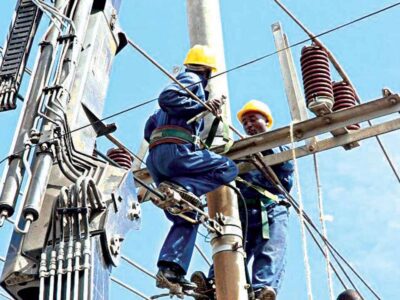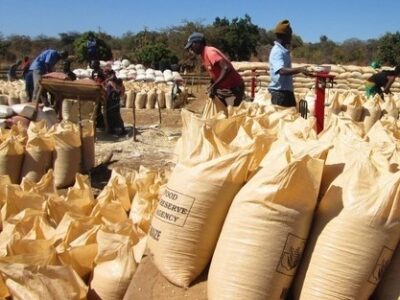Government has launched the US$3.8 million installation of 120 Automatic Weather Stations as part of the expansion and modernisation of meteorological infrastructure.
This is expected to contribute to improved agricultural productivity, energy mix and generation subsequently.
Green Economy and Environment Minister, Collins Nzovu, who launched the installation, said the expansion was critical for robust and effective early warning system, which was a major element of disaster risk reduction.
He said at the launch at Nangoma School in Southern Province recently that multi-hazard early warning simultaneously addressed flooding, storms and other major hazards.
“Our changing climate and the subsequent weather and climate shocks make it imperative, more than ever before to expand and modernise our meteorological services particularly the observation infrastructure,” Nzovu said.
Read more: Govt moves to set up hydro- meteorological systems for proactive disaster management
He said long before hazards arose, early warning information prepared those at risk as well as those who may be involved in providing assistance so that they would be prepared when warnings sound.
Nzovu said climate change and variability, floods, droughts and prolonged dry spells were likely to cause dramatic declined and volatility in energy generation and agricultural capacities.
He pointed out that Zambia was prone to climate change especially rural dwellers across the country which were already vulnerable to severe food insecurity.
He said the expanded and modernise meteorological infrastructure would support resilience building in communities and climate sensitive sectors in the economy.
“The installation of the 120 automatic weather stations we are launching has gone through the transformation landscape for resilience and development project with support from the World Bank at a cost of US$3.8 million.
“The expanded and modernised meteorological observation infrastructure will support and contribute to early warning for all initiative launched by the United Nations secretary general Antonio Guterres and endorsed at COP27 in Egypt last year,” Nzovu said.
He said adverse weather and climate events were likely to cause damage to infrastructure such as roads, bridges, culverts and dams among others thus, contribute to disruption in agriculture productivity and poor yields for farmers and local communities.
“The establishment of weather stations in all the districts is part of the new dawn government agenda to strengthen meteorological services for environmental sustainability, climate change adaptation and sustainable development,” Nzovu said.












Comments